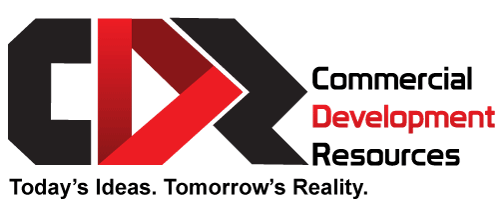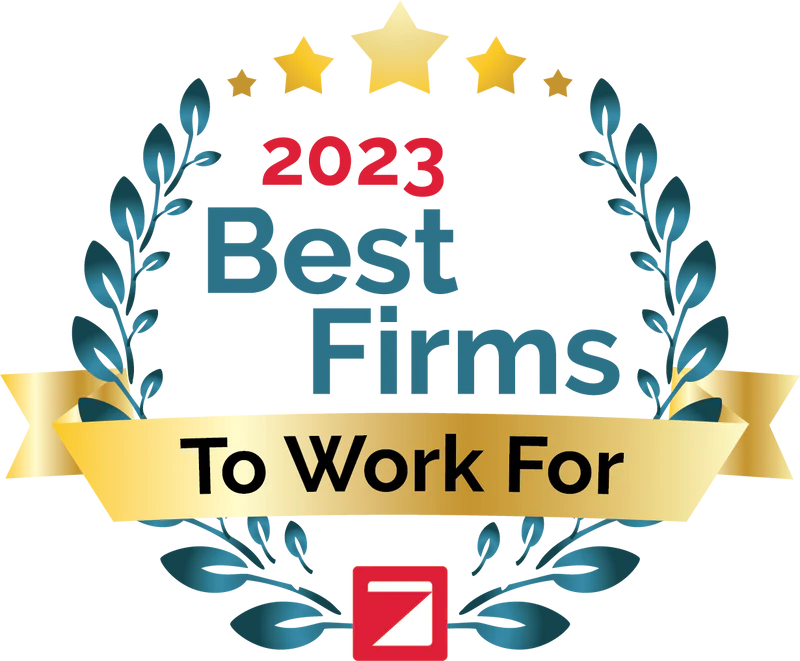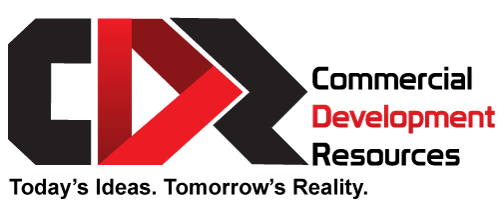Don’t let entitlement proceedings catch you by surprise. Mitigate risk by making sure that you know how the process works. The entitlement process focuses on the structures intended use, aesthetic design, and adherence to an overall city plan.
California is home to some of the most rigorous and inflexible entitlement planning regulations and codes in the United States. If you are an owner, developer, or franchisee it can be especially challenging and costly to develop real estate projects. Navigating the fickle and dynamic planning approval process can be difficult. To be successful, it requires exceptional communication and collaboration between government agencies and consultants.
What Are The Challenges?
Land development entitlements (planning approvals) are a requirement for most land development projects. Addressing applicable zoning regulations, municipal codes, neighborhood councils, and community group requirements are essential to gain project approval and oftentimes extremely complicated. As a potential road-block to the overall project, the entitlement process should be managed by an expert.
Working with an experienced civil engineering firm that focuses on land development can make a big difference. Each municipality has its own specific requirements. For example, some jurisdictions require detailed storm-water treatment design and/or wet and dry utility design, before a public hearing of the Commission or Council.
With the wrong preparation, submittal, and/or misunderstanding, your timeline could quickly be significantly delayed. An experienced civil engineer can foresee problems and avoid them during the planning and entitlement phase.
Finding the Right Team
Enlisting respected and experienced members for your team can go a long way towards easing the concerns of the planning department and the local community. Advanced knowledge about the typical concerns the community holds will be better prepare you to address them directly during the neighborhood’s review of your proposal.
Civil engineers identify the technical issues up front. They also provide detailed plans and reports. Items like site design, grading, storm drainage, parking lot function and flow, utilities, and public improvements all have major cost impacts on a project. The civil engineer’s solution for these challenges could result in a more cost-effective, and better development strategy for the property.
Commercial Development Resources (CDR) provides civil engineering, surveying, dry utility, and entitlement services. Reach out to us today to receive more information on how we can assist you with any of your land development needs.


